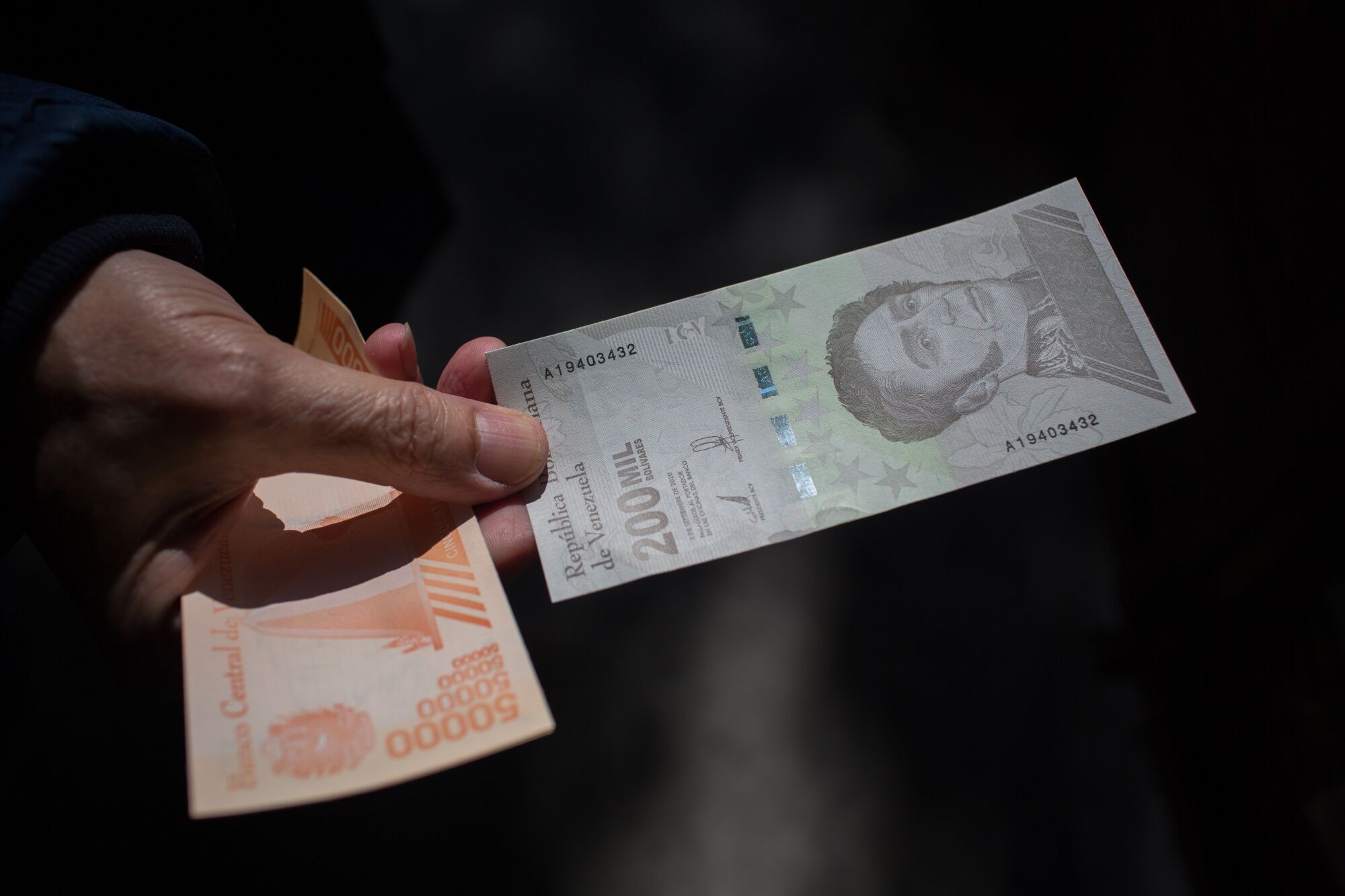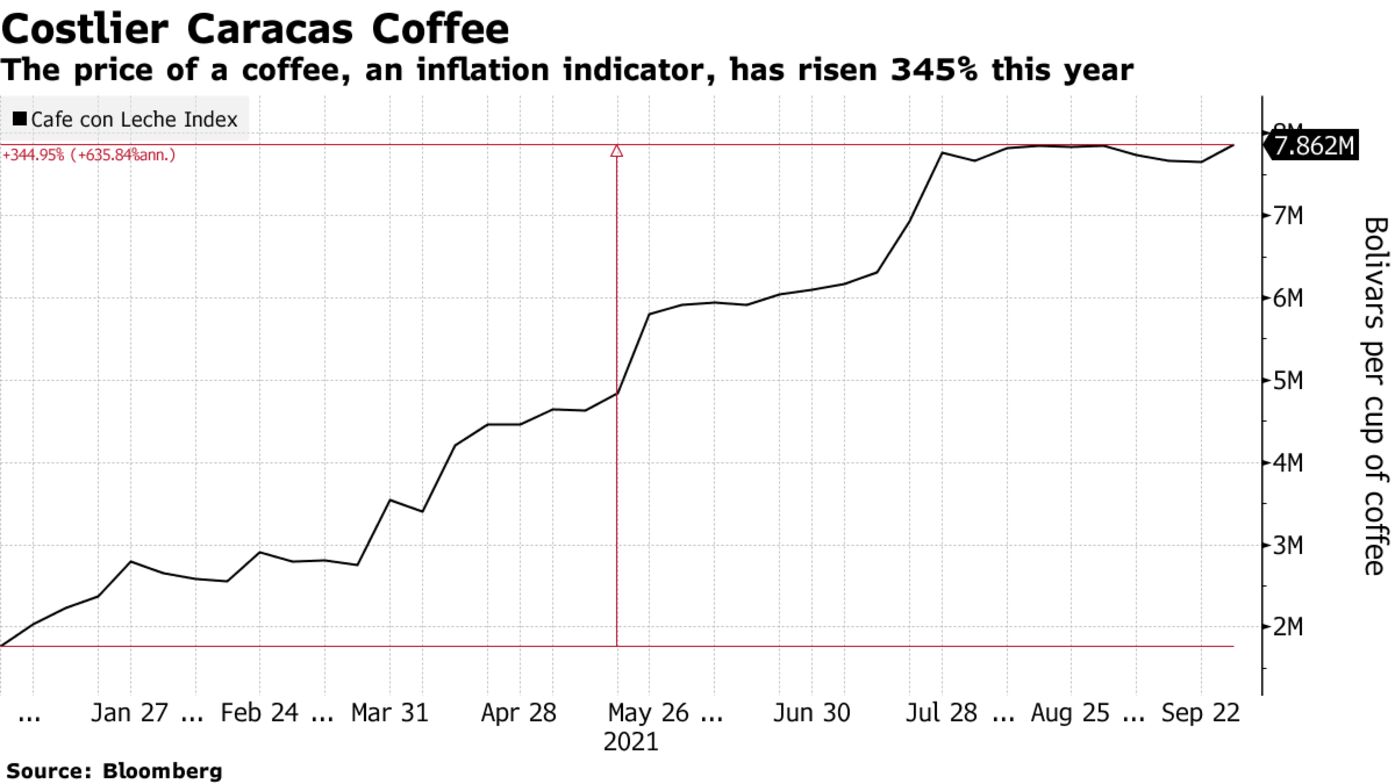SONNTAG, 03. OKTOBER 2021
Krieg gegen SeparatistenEU erwägt Militärausbildung für Ukraine
Reservisten in Kiew.
(Foto: AP)
Seit sieben Jahren schon befindet sich die Ukraine im Krieg gegen Separatisten im Osten des Landes. Russland hat die Krim annektiert. In einem internen Papier spricht sich der Auswärtige Dienst der EU nun für eine Ausbildung ukrainischer Offiziere aus.
Die Europäische Union prüft eine eigenständige militärische Ausbildungsmission, die den Namen "EU Military Advisory and Training Mission Ukraine" (EUATM) tragen soll. "Eine militärische Mission würde die Sichtbarkeit und das Engagement gegenüber den Ländern der Partnerschaft unterstreichen", heißt es in einem internen Arbeitspapier des Europäischen Auswärtigen Dienstes (EAD), das der "Welt am Sonntag" vorliegt.
Der EAD stellt in dem Dokument eine Ausbildungsmission für ukrainische Offiziere in Aussicht. "Ein solcher Einsatz würde ein Ausdruck der Solidarität mit der Ukraine sein angesichts der fortlaufenden militärischen Aktivitäten der Russischen Föderation an den Grenzen zur Ukraine und in der illegal annektierten Krim", heißt es in dem von der Zeitung zitiertem Arbeitspapier.
Demnach erwähnt die Behörde unter Führung von EU-Chefdiplomat Josep Borrell noch drei weitere Möglichkeiten, wie die EU dazu beitragen könnte, die militärischen Fähigkeiten der ukrainischen Armee zu verbessern. Dazu gehöre auch, die bereits seit 2014 bestehende Beratermission zur Reform des zivilen Sicherheitssektors (EUAT Ukraine) zu erweitern. Die zuständigen EU-Botschafter hätten erst kürzlich im "Politischen und Sicherheitspoltischen Komitee" (PSK) erstmals über das EAD-Dokument beraten, berichtet die Zeitung.
Ukraine bat Borrell um Hilfe
Insbesondere die drei baltischen EU-Länder sowie Polen, Rumänien und die Slowakei drängten auf eine eigenständige militärische Ausbildungsmission. Sie würden dabei von Schweden und Finnland unterstützt. Ende Juli hatten der ukrainische Außen- sowie der Verteidigungsminister in einem vertraulichen Brief an Borrell bereits um eine militärische Ausbildungsmission seitens der EU gebeten. Die Ukraine strebt eine engere Anbindung an den Westen an und hofft, eines Tages in die Nato aufgenommen zu werden. Russland sieht darin eine Bedrohung für die eigene Sicherheit und hat die ukrainische Halbinsel Krim annektiert.
Die Ukraine befindet sich seit 2014 mit von Russland unterstützten Separatisten im Osten des Landes im Krieg. Bislang wurden in dem Konflikt mehr als 13.000 Menschen getötet. Die Ukraine und ihre westlichen Verbündeten werfen Russland vor, die Separatisten mit Soldaten und Waffen zu versorgen, was Moskau zurückweist. Seit Jahresbeginn starben 54 ukrainische Soldaten. Im gesamten vergangenen Jahr waren es 50. Die Separatisten meldeten seit Jahresbeginn mehr als 30 getötete Kämpfer in den eigenen Reihen.
Im April hatte Russland rund 100.000 Soldaten an der ukrainischen Grenze zusammengezogen, was zu Befürchtungen einer erneuten größeren Eskalation führte. Später kündigte Moskau dann einen Rückzug an.
Quelle: ntv.de, rpe/rts/AFP





